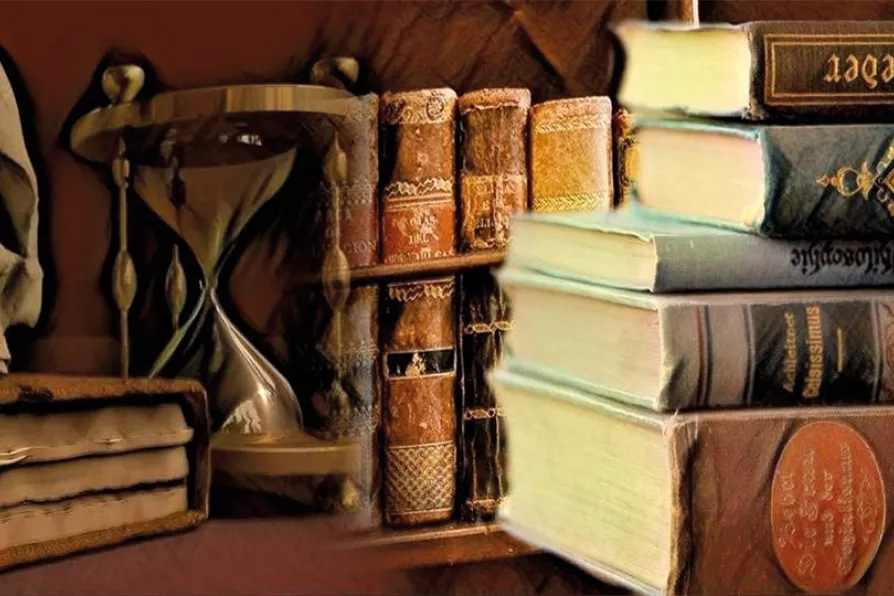As tens of thousands return to the streets for the first national Palestine march of 2026, this movement refuses to be sidelined or silenced, says PETER LEARY


HISTORIANS must work with limited information about the past.
First, what is set down is a biased subset to begin with. The experiences of the working class in England before the Industrial Revolution, for example, are much harder to reconstruct than the royal court.
Second, even written records can be lost, crumble away in attics, or be burned in library fires. So the evidence that does survive today from the past is a proportion of what once existed. But what is that proportion?

JULIA THOMAS unpicks the mental processes that explain why book-to-film adaptations so often disappoint

Neutrinos are so abundant that 400 trillion pass through your body every second. ROX MIDDLETON, LIAM SHAW and MIRIAM GAUNTLETT explain how scientists are seeking to know more about them

LOUISE BOURDUA introduces the emotional and narrative religious art of 14th-century Siena that broke with Byzantine formalism and laid the foundations for the Renaissance










